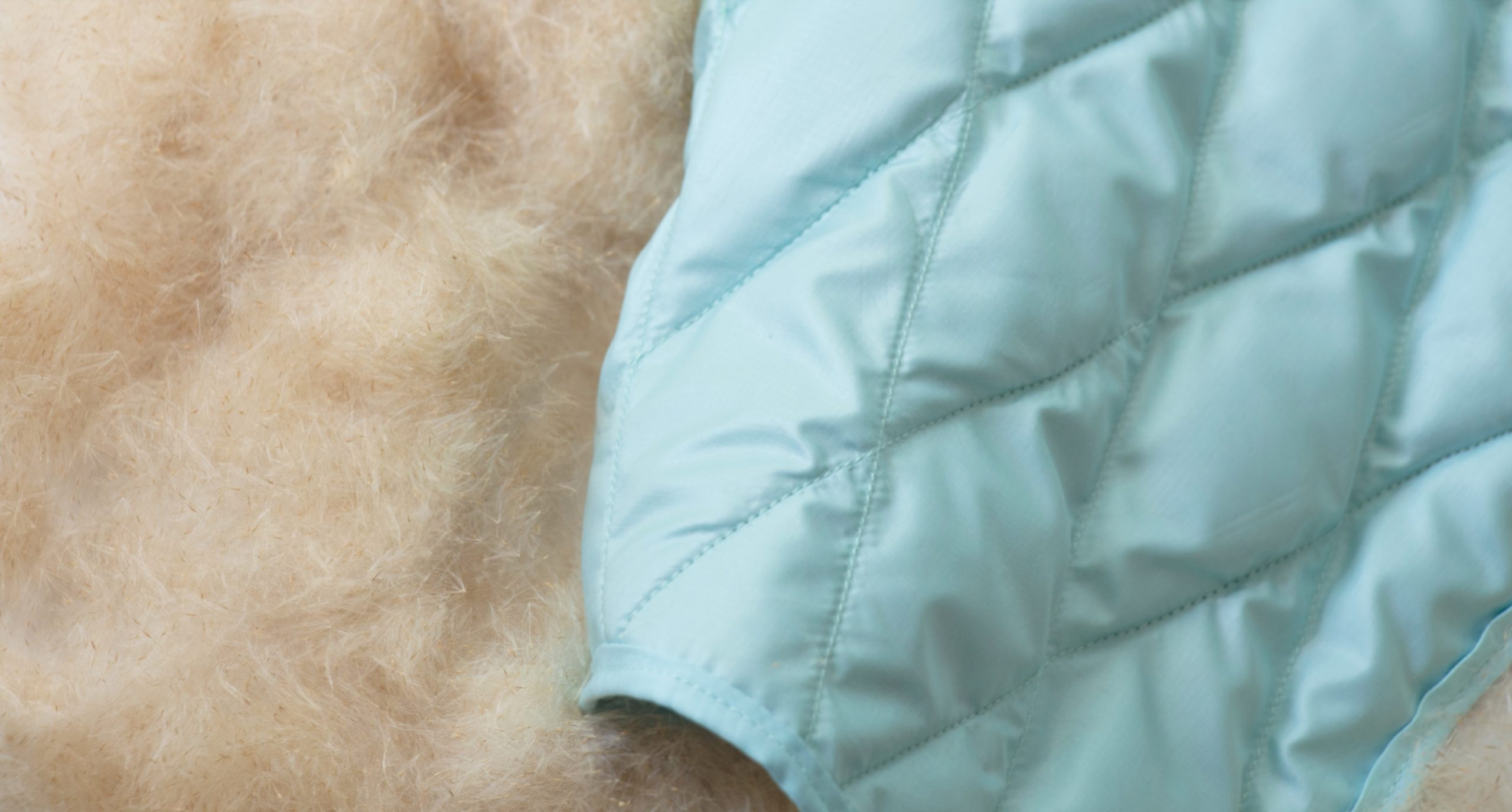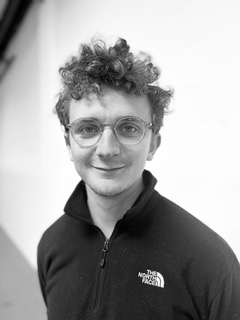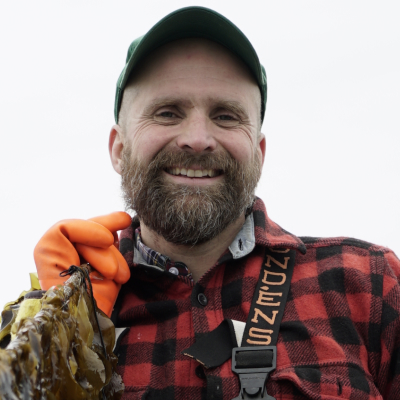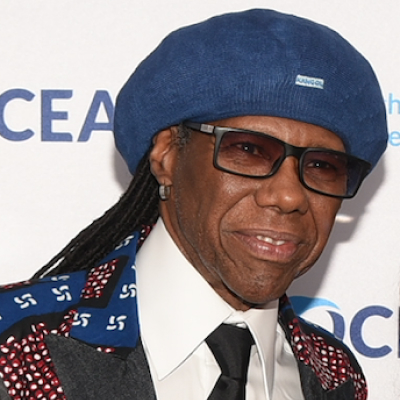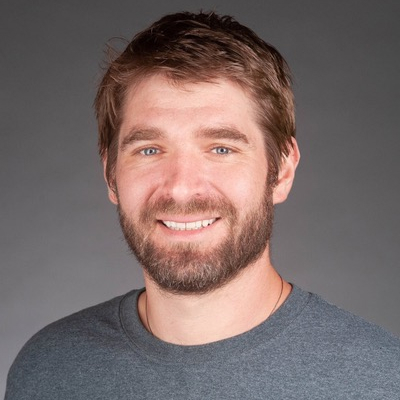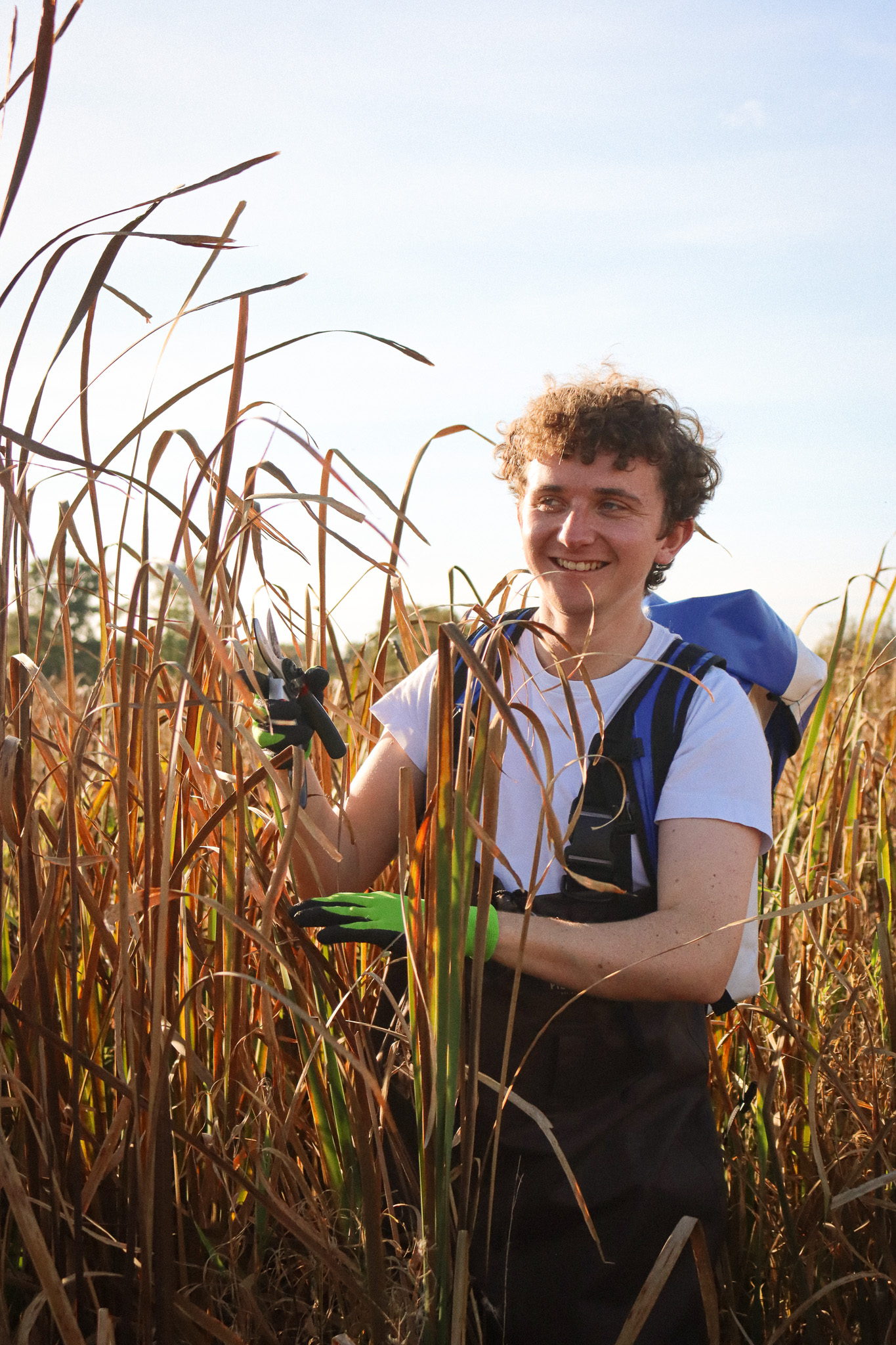
Down jackets are known for being incredibly warm—and incredibly cruel. A typical coat requires the down of up to thirty geese, often live plucked several times. Synthetic alternatives entered the market, but these are petroleum-based and take a huge toll on the environment. Enter Ponda (formerly, Saltyco), a materials science company from the UK that has developed a typha-based (cattail) product called BioPuff® that’s as warm as down without being cruel to animals or the planet. In fact, not only do they cause no harm, Ponda is committed to healing damaged wetlands through regenerative paludiculture (wet agriculture) practices. They are regrowing native plants, restoring biodiversity, reducing emissions and offering farmers an alternative crop. The resulting material is lightweight with a high loft which creates the perfect puff. It’s also hydrophobic so it repels water, and the lack of man-made chemicals makes BioPuff easily compostable and biodegradable at the end of its lifecycle. —Jane Ratcliffe
What inspired the creation of BioPuff?
We created BioPuff in direct response to fashion’s degenerative supply chains. They produce too much carbon, are damaging our land and making our world less biodiverse. At Ponda, we’ve made it our mission to transform these degenerative supply chains into regenerative ones. We do this by working to restore damaged wetlands, sequestering carbon back into the land and improving biodiversity whilst simultaneously growing a native plant which we can turn into planet-positive textiles. Through this, we hope to bring sustainability, resilience and biodiversity back into textile supply chains and help begin to turn the tide on this highly damaging industry.
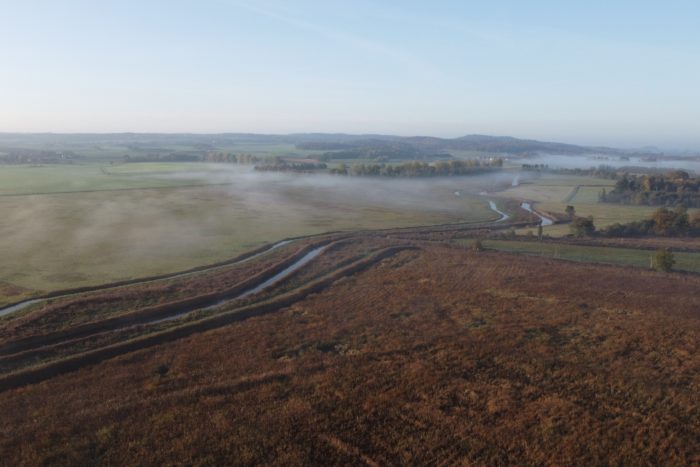
Which wetland plants make up the material from which BioPuff is made?
BioPuff is made from a plant called typha, or as you may know it: bulrush or cattail. These incredible plants are able to extract damaging nitrates from water supplies, sequester carbon into the ground, bio-remediate soils and can create amazing products to be worn.
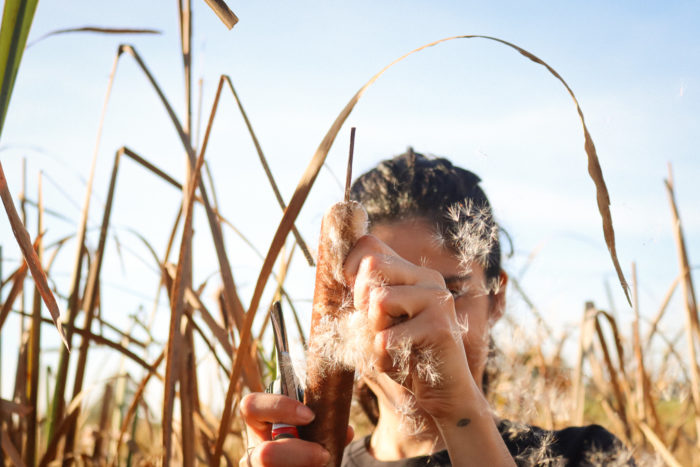
How does your material supply chain help heal damaged ecosystems?
Ponda sits across a long, complex textile supply chain that has many touch points, most of which are currently environmentally detrimental. We’ve challenged ourselves with looking at each one of those touch points and seeing how we can transform it to be more environmentally positive. A good example is our plant choice, which can not only sequester carbon, but rebuild peat, reduce flood risk and manage nutrient run-off. Saltyco also goes further than this, pushing to shorten our supply chains, use biodegradable packaging and develop even more next-gen textiles.
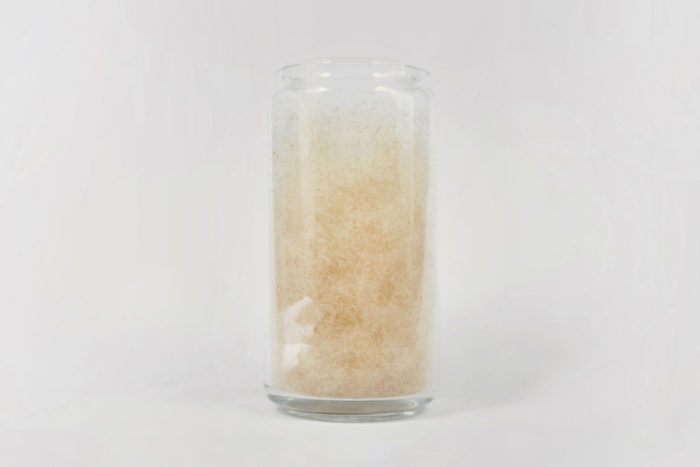
What is The Fens Peatland Project in Cambridgeshire?
The Fens Peatland Project was our first-ever paludiculture pilot in Cambridgeshire. Paludiculture means wet agriculture and Cambridgeshire is home to one of the largest fenlands in the UK. The Great Fen, as it is called, is 9,000 acres of wetland that have been almost completely drained for conventional farming. As a result of the draining, they are now a large source of carbon emissions. Saltyco (Ponda) collaborated with one of the UK’s leading conservation groups, The Wildlife Trusts, to plant a bed of typha and begin the restoration of a section of this land. We hope to have our first harvest next year!
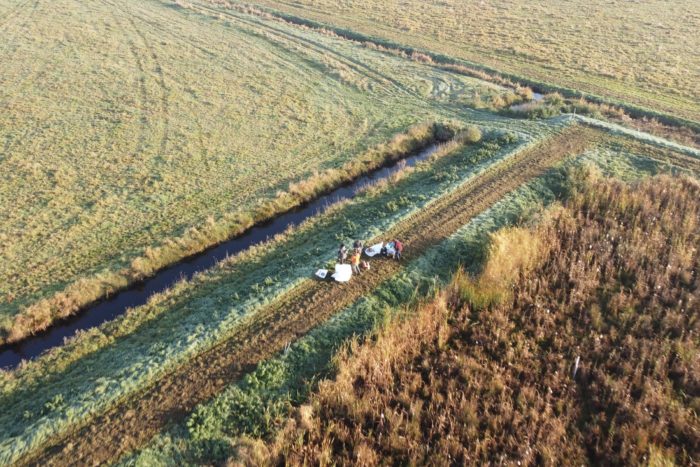
You source from peatlands, marshes, and grasslands. Is there a difference in the characteristics of the material depending upon its source?
Ponda works closely with each individual site to monitor the progress of the crop to ensure consistent quality across all of our sourcing sites. Despite this, paludiculture is still a relatively young industry with a lot of space for further research and development. By taking a data-centric, science-led approach we have managed to achieve a huge amount of learning in the short time we have been working on Ponda and hope to continue this through our upcoming European projects.
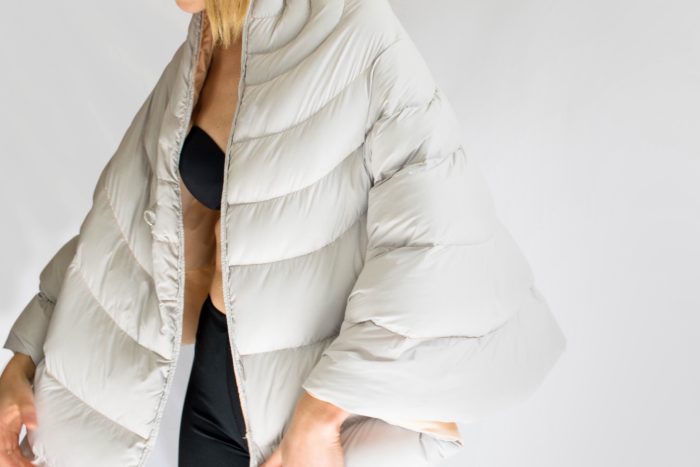
If someone wants to purchase a product with BioPuff, where might they find it?
At the moment, nowhere! Our first capsule collection with YOOX Net-A-Porter has sold out, but keep your eyes peeled for more in 2023.
Any plans to eventually expand to a B2C model?
Currently Saltyco (Ponda) does not plan to move over to B2C. We believe that we can make the most impact through our B2B model, working with brands that already have large markets themselves to expand our mission.
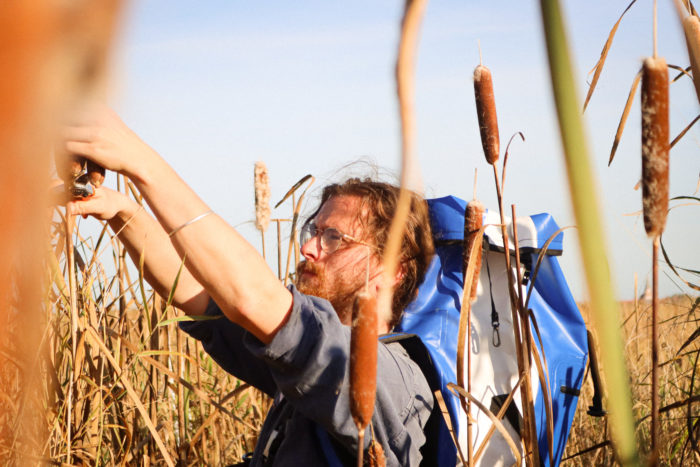
Can you tell us more about the conservation project that is underway in North Berwick, Scotland?
North Berwick is a site in the south of Scotland, about an hour from Edinburgh, that is the location of a lot of agricultural run-off. This has caused what’s called eutrophication—where many plants grow in an area due to too many nutrients being available, causing a reduction in biodiversity as one species takes over. We work with local conservation groups to clear these plants, enabling plant and animal life to thrive and to reintroduce a healthier, balanced ecosystem.
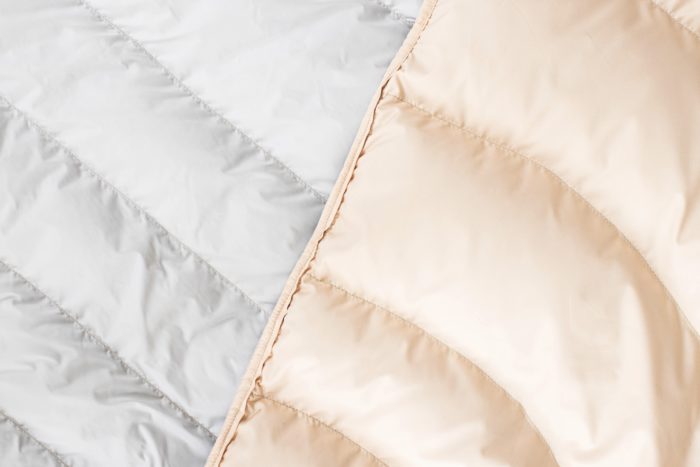
What are you most excited about right now?
We are just one piece in a very complex picture on the road to a more planet-positive fashion industry. Saltyco truly believes in the power of working with nature to ensure we have the resilience needed to adapt to our planet changing whilst making the impact necessary to reverse the effects of climate change. The potential is huge—if just 3% of European peatlands were recovered for BioPuff production, we could reduce European agricultural emissions by 25%. That’s 100 million tonnes of CO2!

